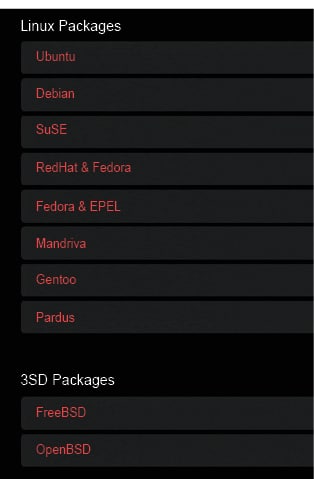Installing
Ruby -e '$ (curl -fsSL /dev/null and press enter/return key. If the screen prompts you to enter a password, please enter your Mac's user password to continue. When you type the password, it won't be displayed on screen, but the system would accept it. Brew link clamav fails on macOS High Sierra. Had to run following commands to get ClamAV working: sudo mkdir /usr/local/sbin sudo chown -R $(whoami) $(brew -prefix)/. (standard brew fix does not work anymore on OS X 10.13) brew link clamav.
ClamAV can be found for Ubuntu in the apt repository. Run this command to install ClamAV:

apt-get install clamav
If you need clamd, you may also want to run:
apt-get install clamav-daemon
If you require support for scanning compressed RAR files you first need to enable the non-free archive, and then you can install the RAR-plugin using:
apt-get install libclamunrar6
Multiple installations. Create a Homebrew installation wherever you extract the tarball. Whichever brew command is called is where the packages will be installed. You can use this as you see fit, e.g. A system set of libs in /usr/local and tweaked formulae for development in /homebrew. MariaDB Server is available for installation on macOS (formerly Mac OS X) via the Homebrew package manager. MariaDB Server is available as a Homebrew 'bottle', a pre-compiled package. This means you can install it without having to build from source yourself. This saves time. After installing Homebrew, MariaDB Server can be installed with this. Brew will be the foundation for most of the tools that are needed in this video series. Short and sweet we cover the one install and updateprocess that will.

There are two classes of clamav packages available for Ubuntu users:
Released Set
The released set (release, *-updates, and *-security) are patched for security updates. Following extensive testing of clamav and the packages that use it in the backports repository, they may be updated to a newer version. These are official Ubuntu packages and supported by community developers.
Backports
Clamav For Linux
The Ubuntu backports repository will contain the newest clamav version that has been at least lightly tested to work with that version. These packages can be installed by enabling the backports repository on your system.
Ubuntu packages are maintained by Ubuntu MOTU Developers.
Installation
Homebrew is package manager for Macs which makes installing lots of different software like Git, Ruby, and Node simpler. Homebrew lets you avoid possible security problems associated with using the sudo command to install software like Node.
Prerequisites
- You should have some familiarity with the Mac Terminal application since you’ll need to use it to install Homebrew. The Terminal application is located in the Utilities folder in the Applications folder.
- Dependencies. You need to install one other piece of software before you can install Homebew:
- Xcode. Install Apple’s Xcode development software: Xcode in the Apple App Store.
Installation Overview
Clamav Download For Windows 10
Installing Homebrew is straightforward as long as you understand the Mac Terminal. The Homebrew installation process guides through each step.
Installation Steps
- Open the Terminal app.
- Type
ruby -e '$(curl -fsSL https://raw.githubusercontent.com/Homebrew/install/master/install)'You’ll see messages in the Terminal explaining what you need to do to complete the installation process. You can learn more about Homebrew at the Homebrew website.
How to Update Homebrew
New versions of Homebrew come out frequently, so make sure you update it before updating any of the other software components that you’ve installed using Homebrew.* In Terminal type brew update
Clamav Windows Download
How to Uninstall Homebrew
Clamav For Mac
- Open the Terminal app
- Type
ruby -e '$(curl -fsSL https://raw.githubusercontent.com/Homebrew/install/master/uninstall)'This downloads and runs the uninstaller script. Follow the instructions and Homebrew will be removed from your computer.